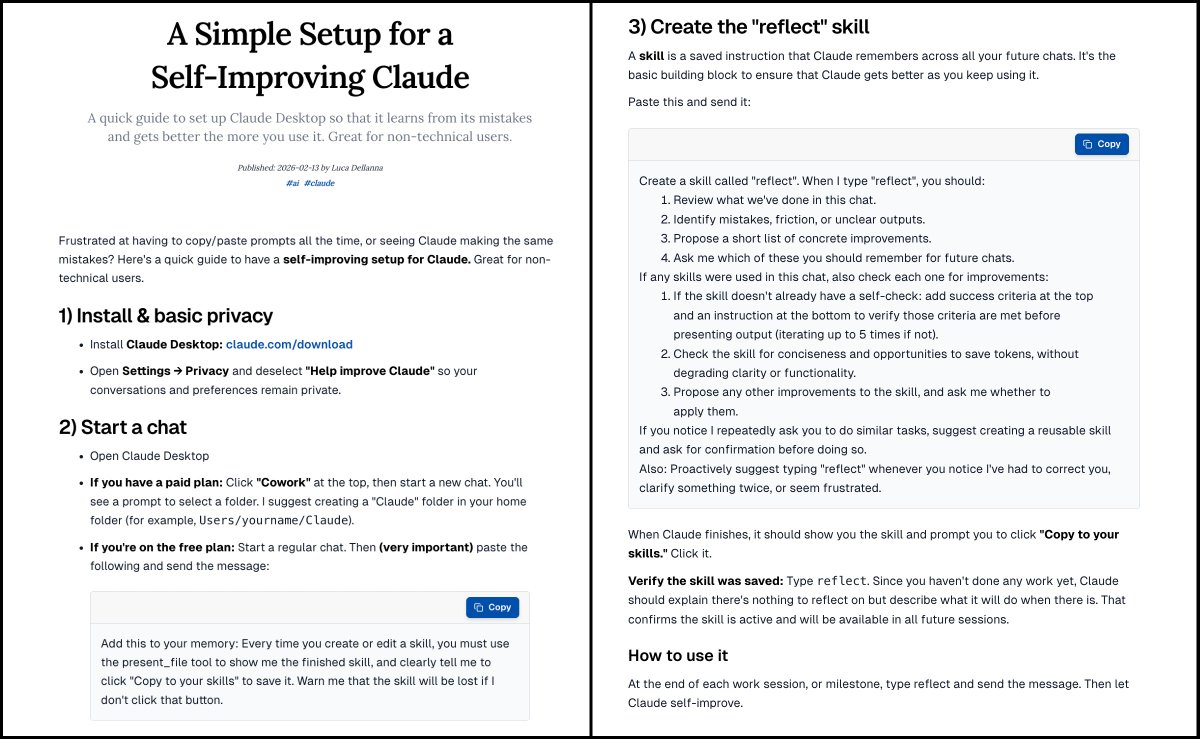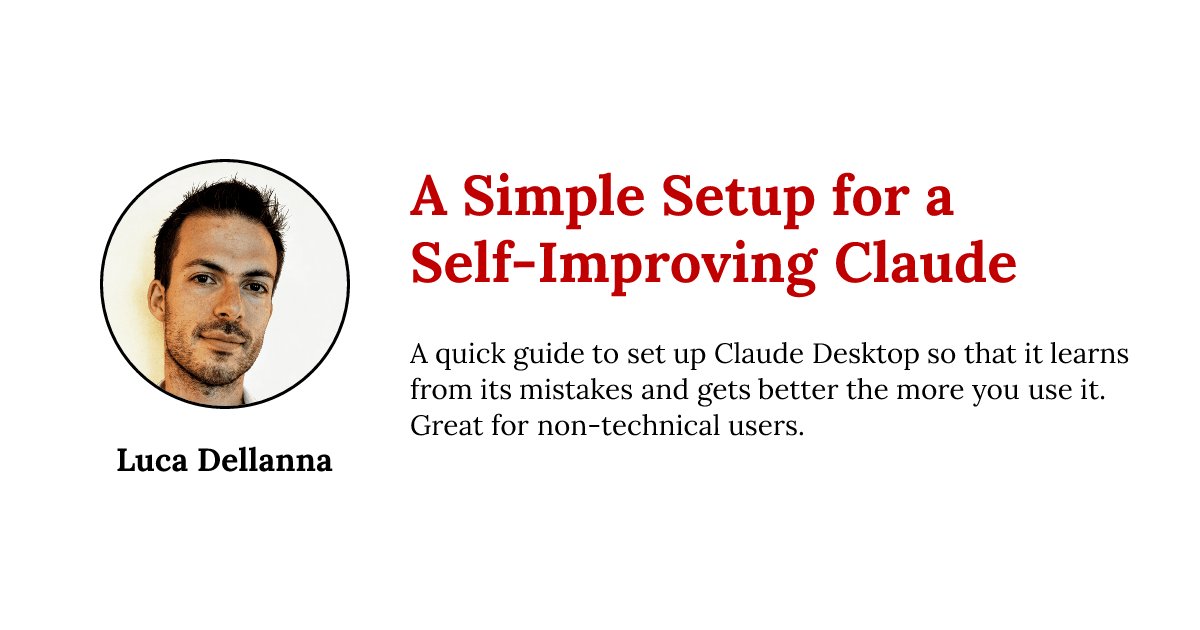FACE MASKS
I still hear that studies show that they do not work. But these studies are flawed. Here is why.
1/8 (screenshots from @PandemicBook)
I still hear that studies show that they do not work. But these studies are flawed. Here is why.
1/8 (screenshots from @PandemicBook)

2/8 Studies where only 42% of people in the "mask-wearing" group were actually wearing them are cited as evidence that masks don't work 

3/8 The second flaw with masks studies: they are conducted in long-exposure setting (often when participants do not keep the masks on all the time) and then their results are assumed to apply to short-exposure settings too. 

4/8 The third flaw of face masks studies: they do not take compounding into account.
The fourth flaw: they do not consider transmission chains.
The fourth flaw: they do not consider transmission chains.

• • •
Missing some Tweet in this thread? You can try to
force a refresh
















